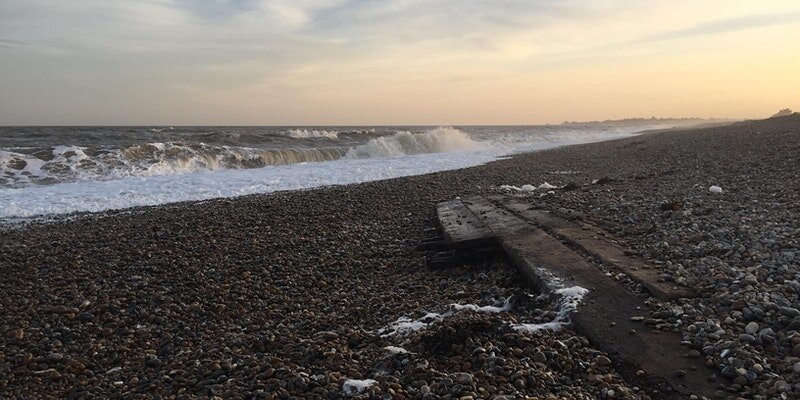The ‘wreck’ that has been exposed by the February storms on Thorpeness beach has generated a huge amount of interest as a result of an East Anglia Daily Times article by Katy Sandalls. History is not written in books or found in museums. It is all around us – in the landscape, buildings and objects that we come across.
Two layers of heavy planking are held together with trenails into an equally large frame. There is no sign of metalwork, and the planking remains. C19, C18 or even older...we don't know yet, but the investigation begins to make progress.
Nor do we know how long it will remain exposed on the beach.
4DHeritage brings together a group of experts to explore the stories, including someone whose grandmother may have written a first-hand account of the wreck.
Could Ailsa Ogilvie de Mille's account and the very early photos tell us the story of the wreck itself?
What is the evidence for and against this hypothesis?
What can a forensics examination of the wreck by a shipbuilder reveal?
How can emerging technologies transforming how we document, analyse and research such a wreck?
What does it tell us about the past and the future of this coast?
Might there be more revelations?
Explore the Thorpeness coast and examine the wreck for yourself through a VR experience here
The panel will explore these questions and give their views on your questions.
Dr Charlotte de Mille grew up on, in, and under the sea of the Suffolk coast. She curated the 2012 centenary exhibition on Thorpeness to capture old stories and new in the hope of enriching the links between community, place, and history. She is a founder member of Ocean Ambassadors for whom she is working on national curricula https://oceanambassadors.co.uk , Frist Mate with Sail Britain, and in her remaining time works mostly for The Courtauld Institute of Art.
Prof Mark Horton lives on the banks of the River Severn in a sixteenth-century house associated with Sir Francis Drake. Mark has presented the BBC programmes Coast and Time Flyers and was involved in the early series of Time Team. His maritime interests include research on Isambard Kingdom Brunel, and he was involved in the digitisation of his private papers, now held at the Brunel Institute at the SS Great Britain.
Mike Tupper runs the International Boatbuilding Training College in Lowestoft. After a career in the Royal Navy, Mike moved into joinery and now owns the IBTC with his wife Lyn. He has a passion for the sea stemming during his time with the Royal Navy serving around the world. The International Boatbuilding Training College (IBTC) Ltd was set up in 1975 and provides training in the skills and knowledge required to repair, conserve and build wooden boats.
Nicholas Mellor joined a cargo ship in Tilbury docks on leaving school and travelled by sea to Australia where he spent time as a jackeroo on a sheep and cattle station. Stories of shipwrecks have a special poignancy for him having been shipwrecked himself whilst sailing in an Arab Dhow off the Swahili coast of Africa. More recently he has been working with Prof Mark Horton on the digital documentation of the palaces and forts of Zanzibar, once capital of the Omani Empire, a nexus of the Silk Roads’ of the Indian Ocean; and exploring new ways of sharing the stories of endangered communities from the Siwa Oasis in Egypt to the island city of Djenne in Mali.
Discover more about how the tools of the future are transforming our understanding of the past, and even reconstructing it - from remote island cities to the communities affected by conflict; in LSN's heritage initiative that started mapping, modelling and monitoring endangered sites (mCubed) and has now become 4DHeritage.

